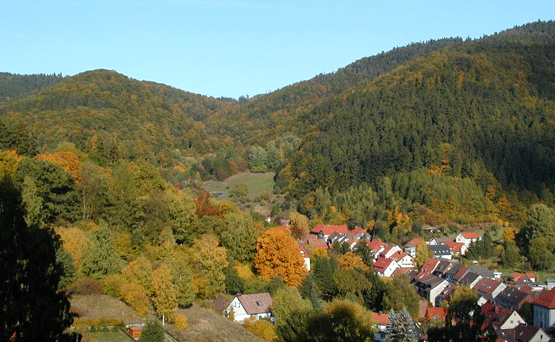 |
|
|
|
|
|
|
||||
|
Because there is a lack of general information on German forestry in English on the internet, this site was created. It based on a presentation given by Dr. Ernst Kürsten at the INTERFOB2002 on Oct. 31st, 2002. Five main important aspects of forestry in Germany are focussed on the following pages briefly: On July 3rd, 2007, Dr. Kürsten explained the development from forest devastation 250 years ago to the actual situation of Germany forestry (with an average growing stock of 320 m3/ha!) to the 1986 batch of IFS officers 4th AFM course at the Indira Gandhi National Forest Academy in Dehra Dun (India) (pdf-download, 5.3 MB) The results of the Second National Forest Inventory can be found on the website of the Federal Ministry of Food, Agriculture and Consumer Protection. The website of the Federal Research Institute for Rural Areas, Forestry and Fisheries provides access to latest publications and research information. German M.Sc.-programs on forestry in English: In addition, the University of Göttingen in contributiing to the European M.Sc. course "Sustainable Forest and Nature Management (SUFONAMA)". Ph.D.-studies on forestry may also be funded by DAAD (see: Scholarship Database). They have to be arranged individually with a professor at one of the forestry institutes in Göttingen, Dresden, Munich, Freiburg or Hamburg (Institutes websites are unfortunately not always in English!). Forestry Contacts in Germany: http://www.foresters.org/germany.htm |
|
|
|
|
